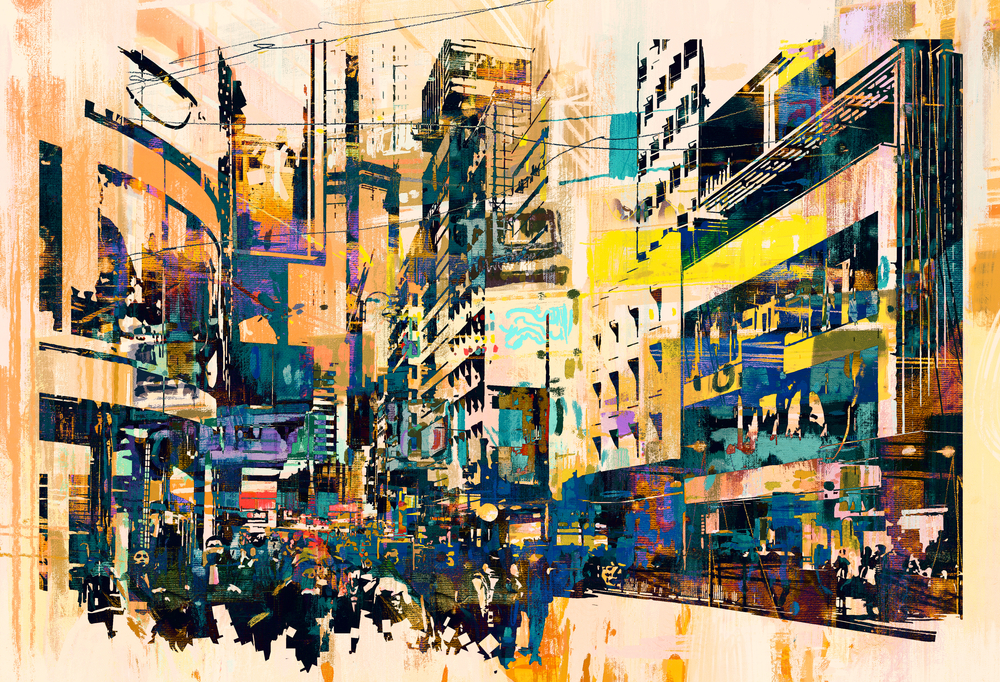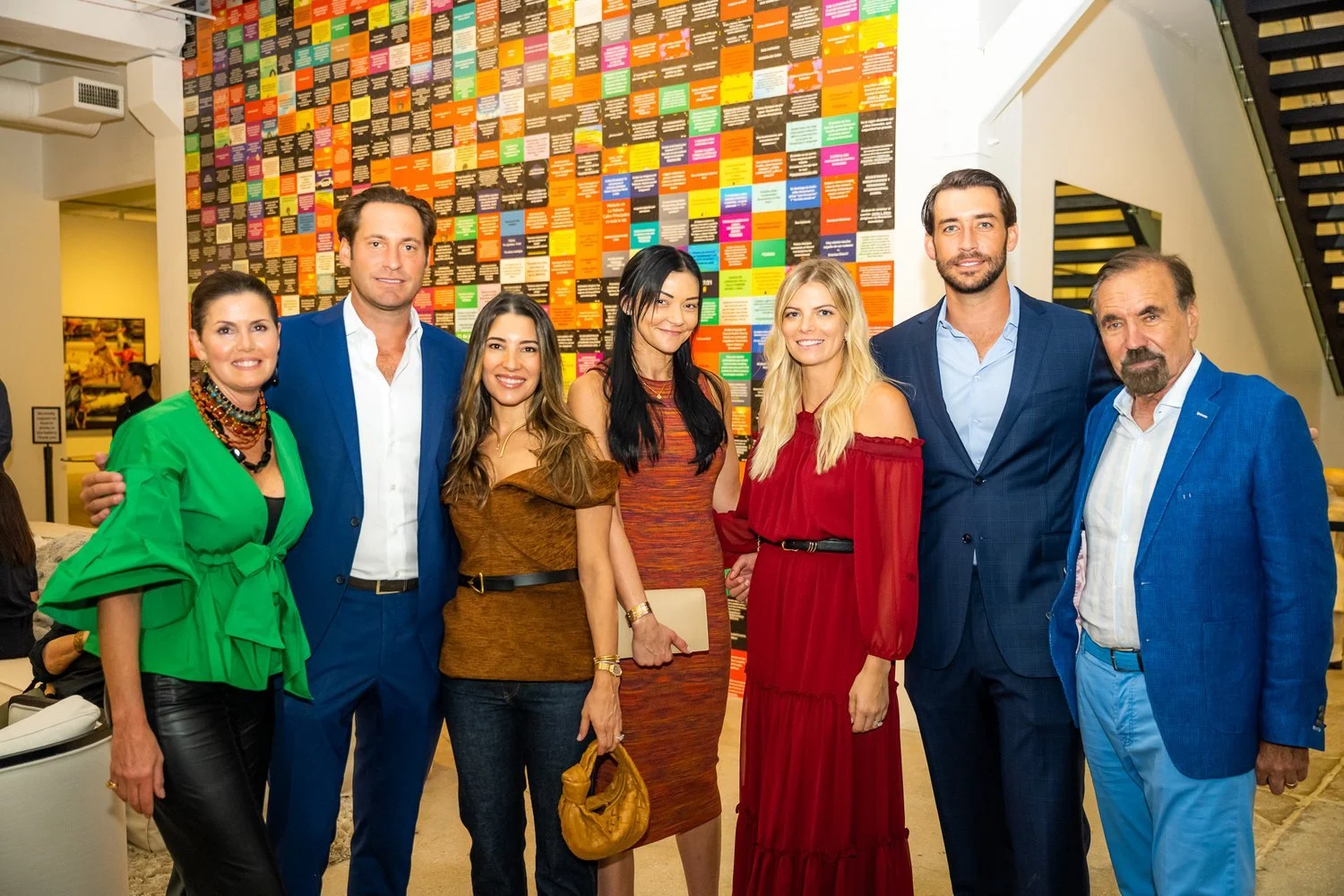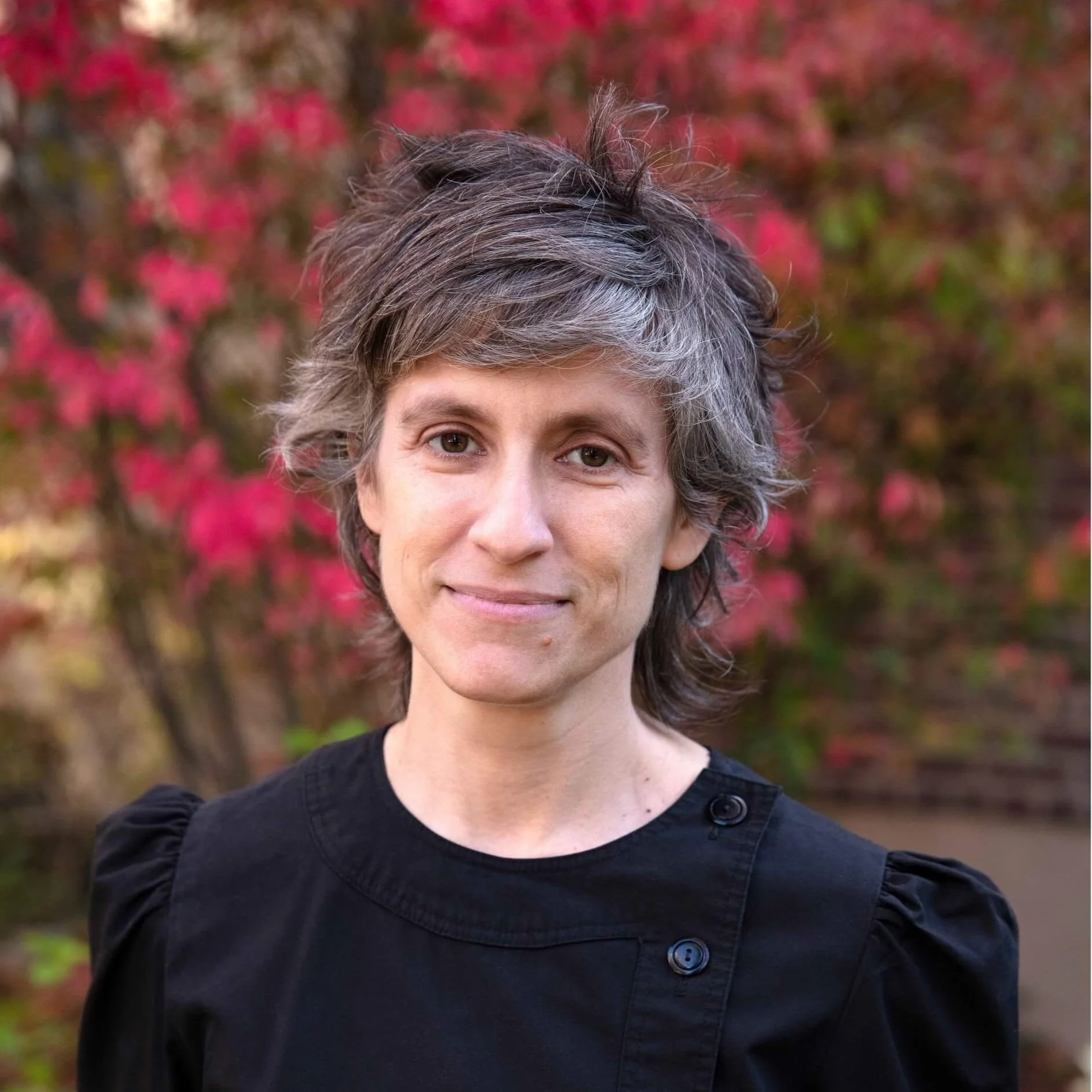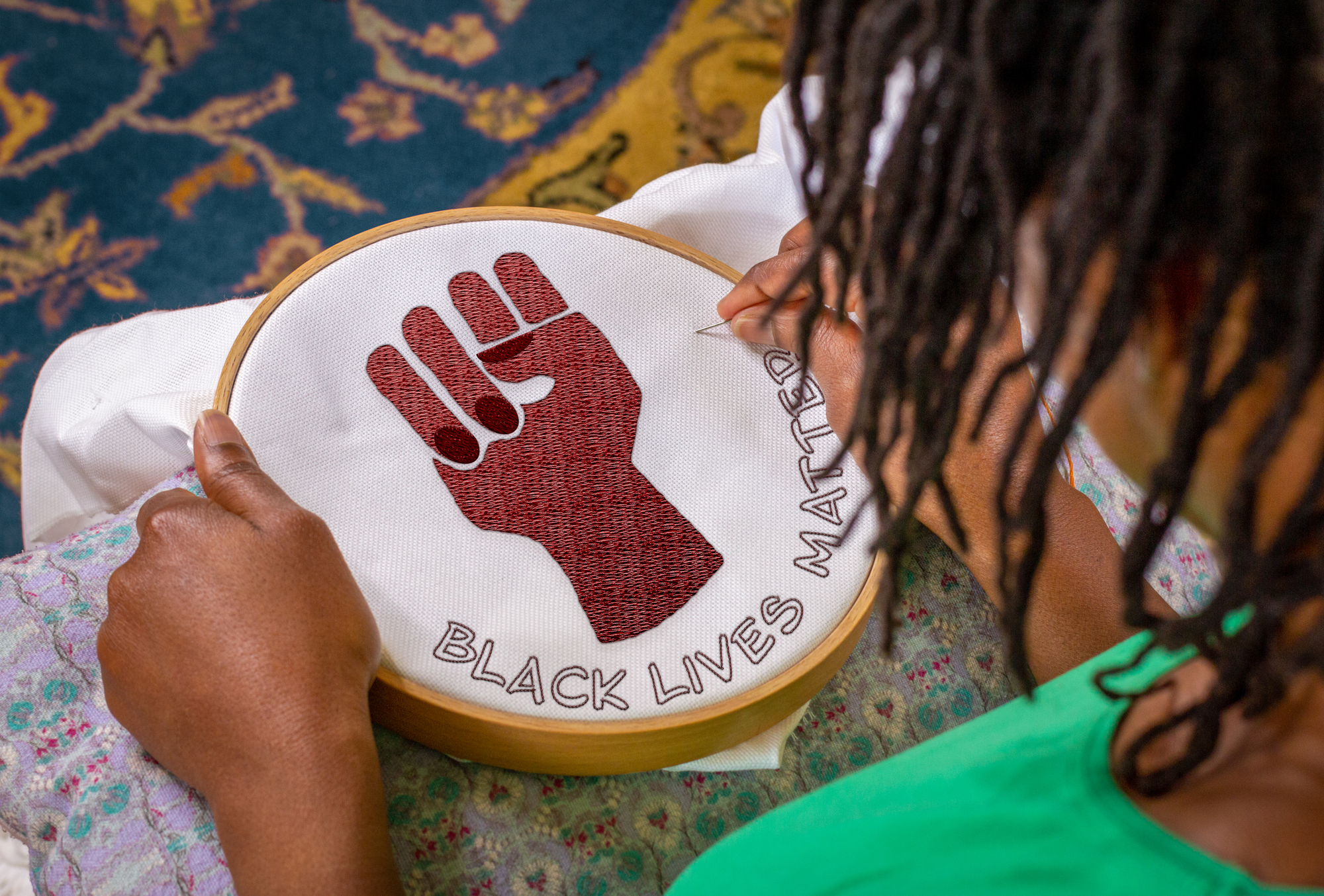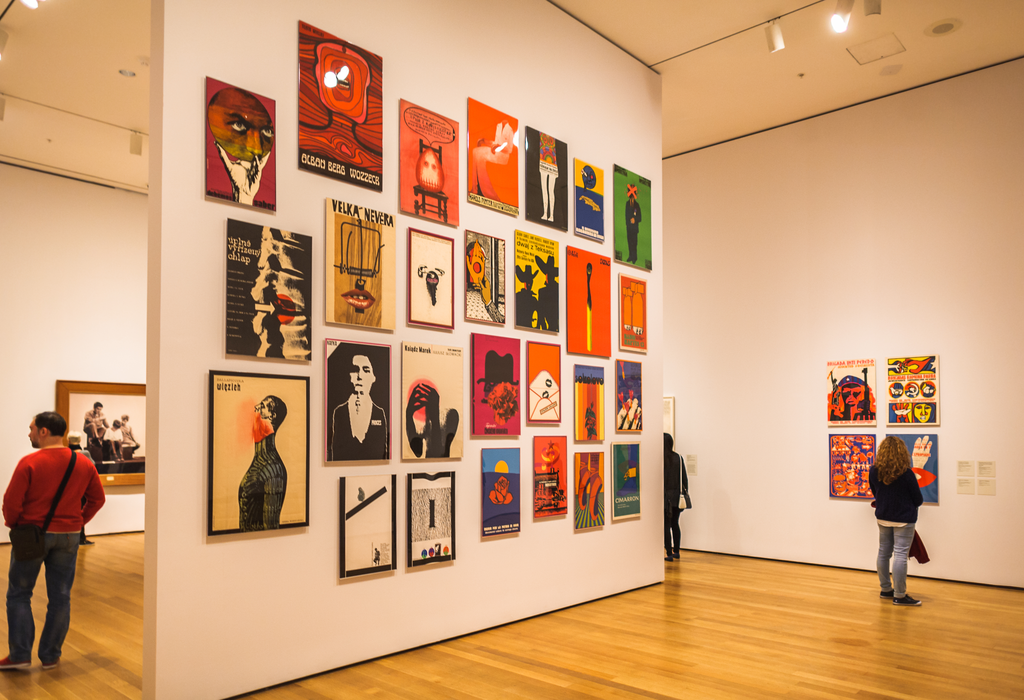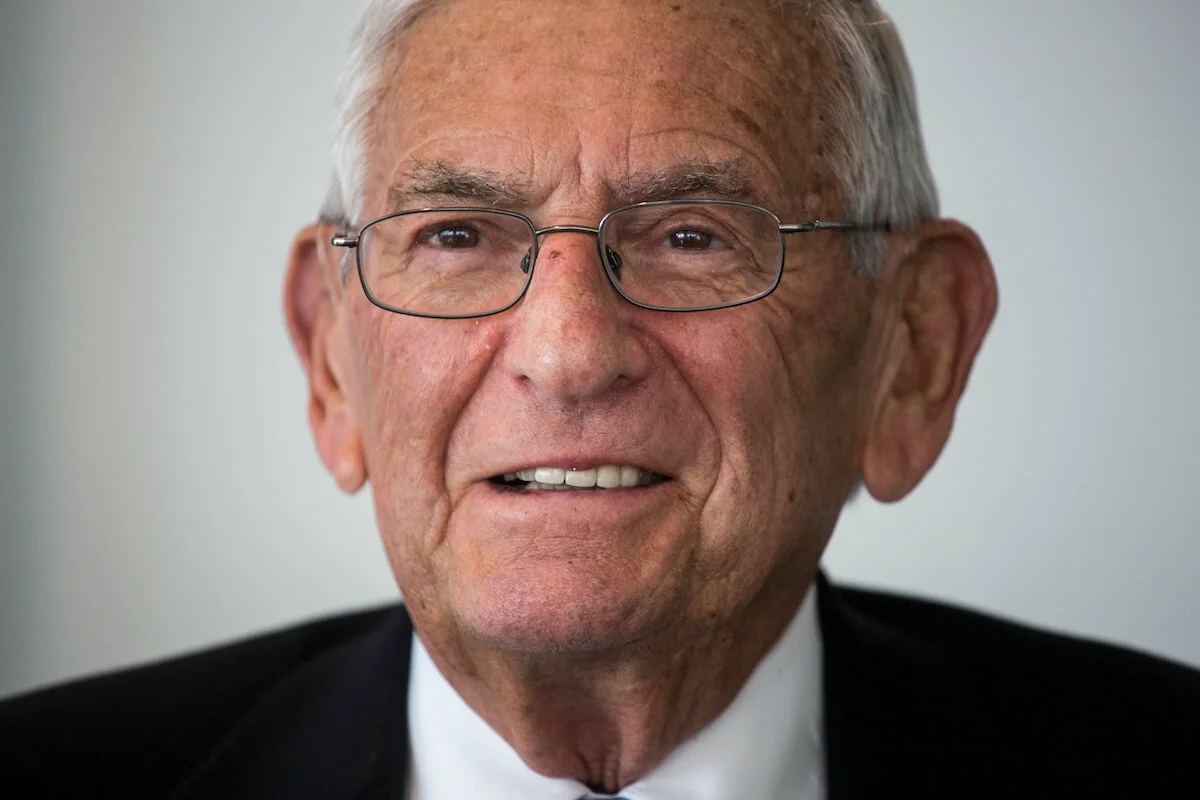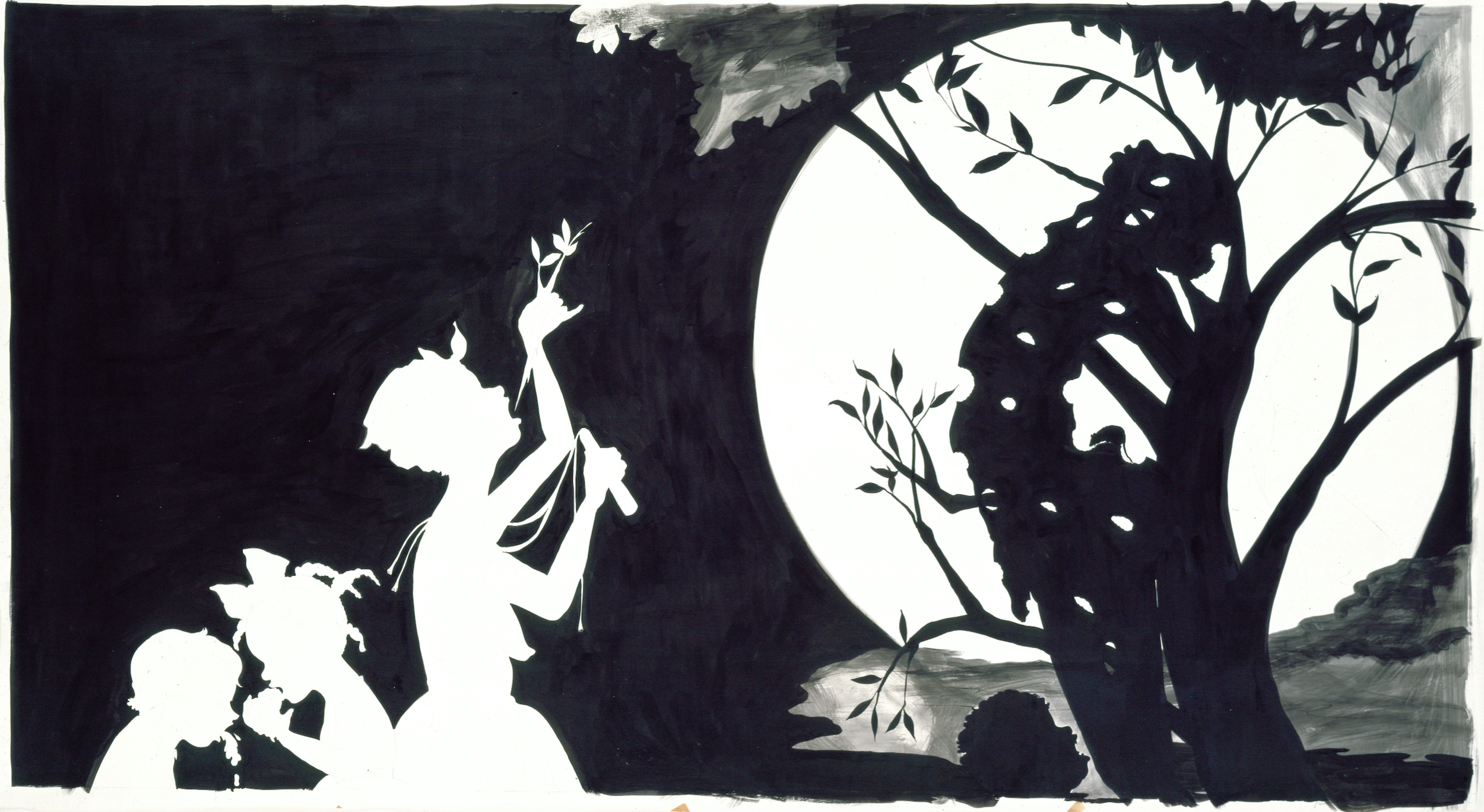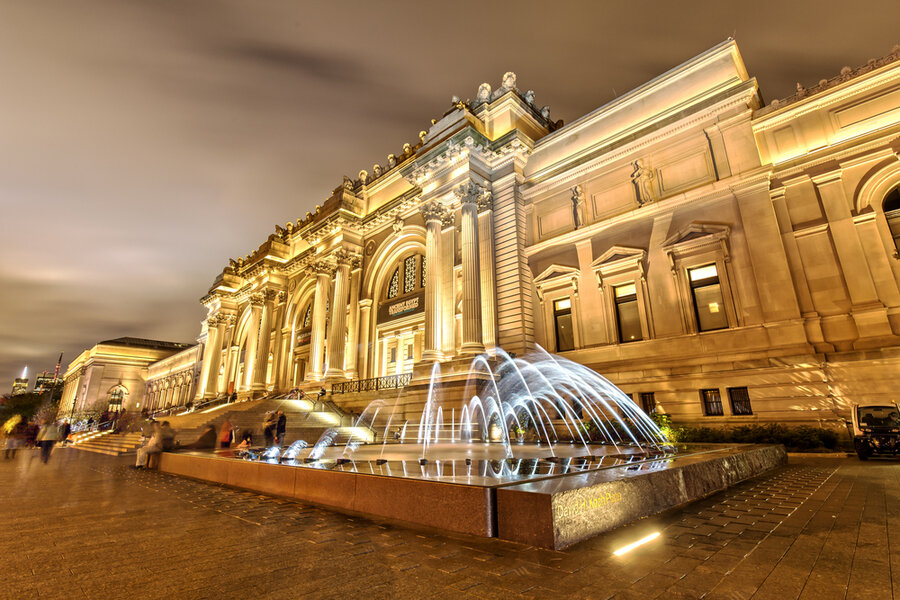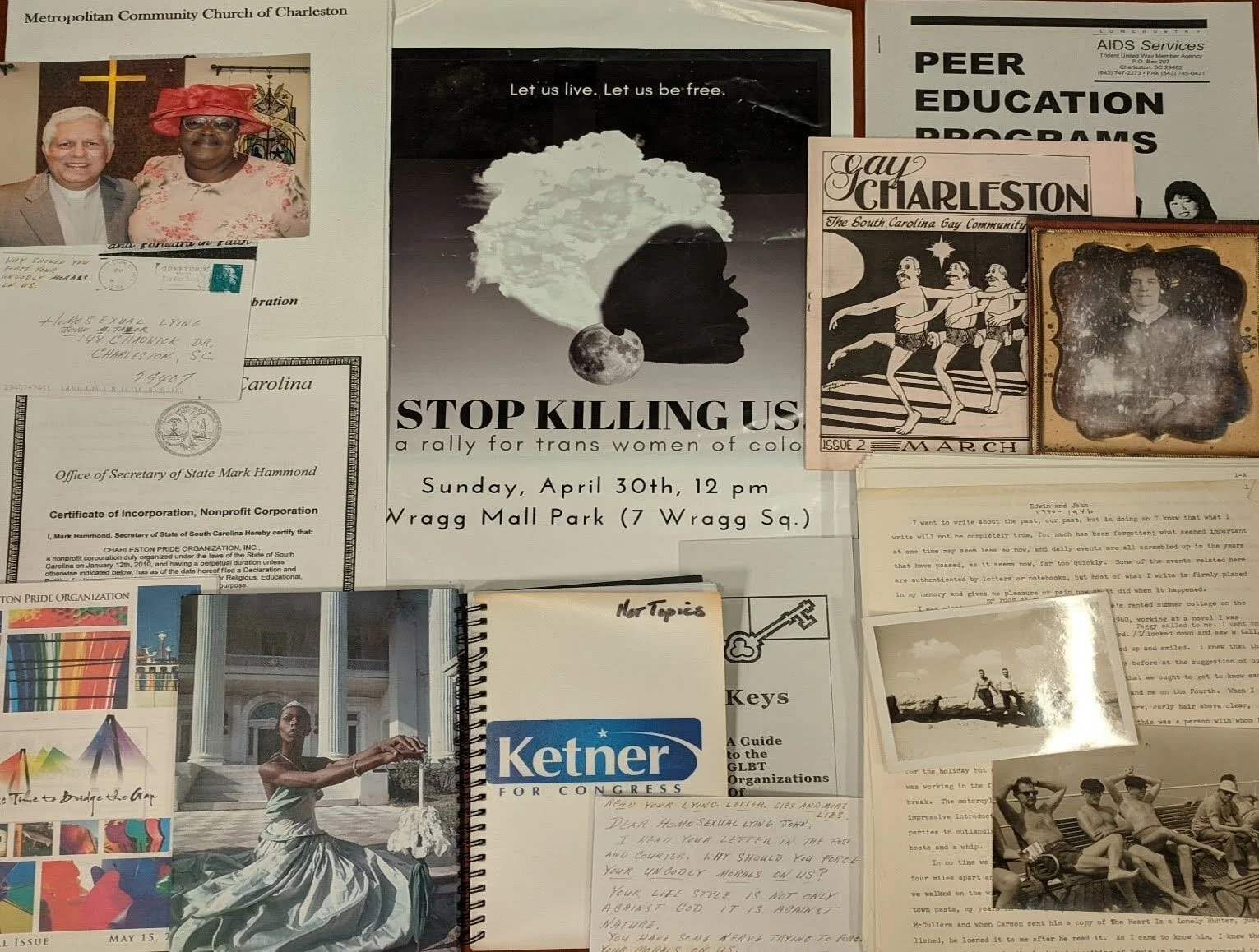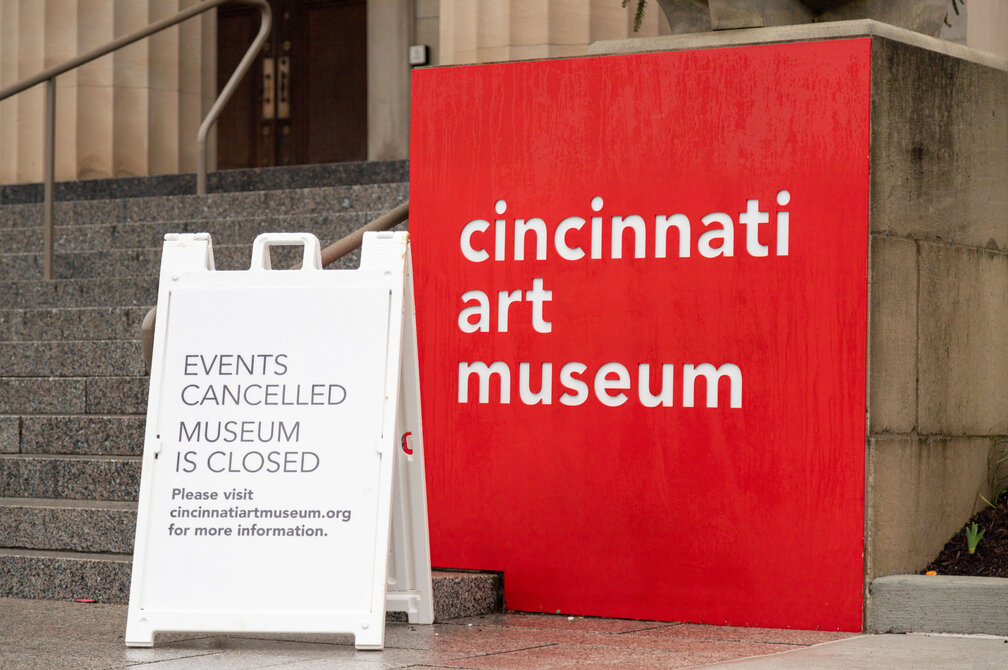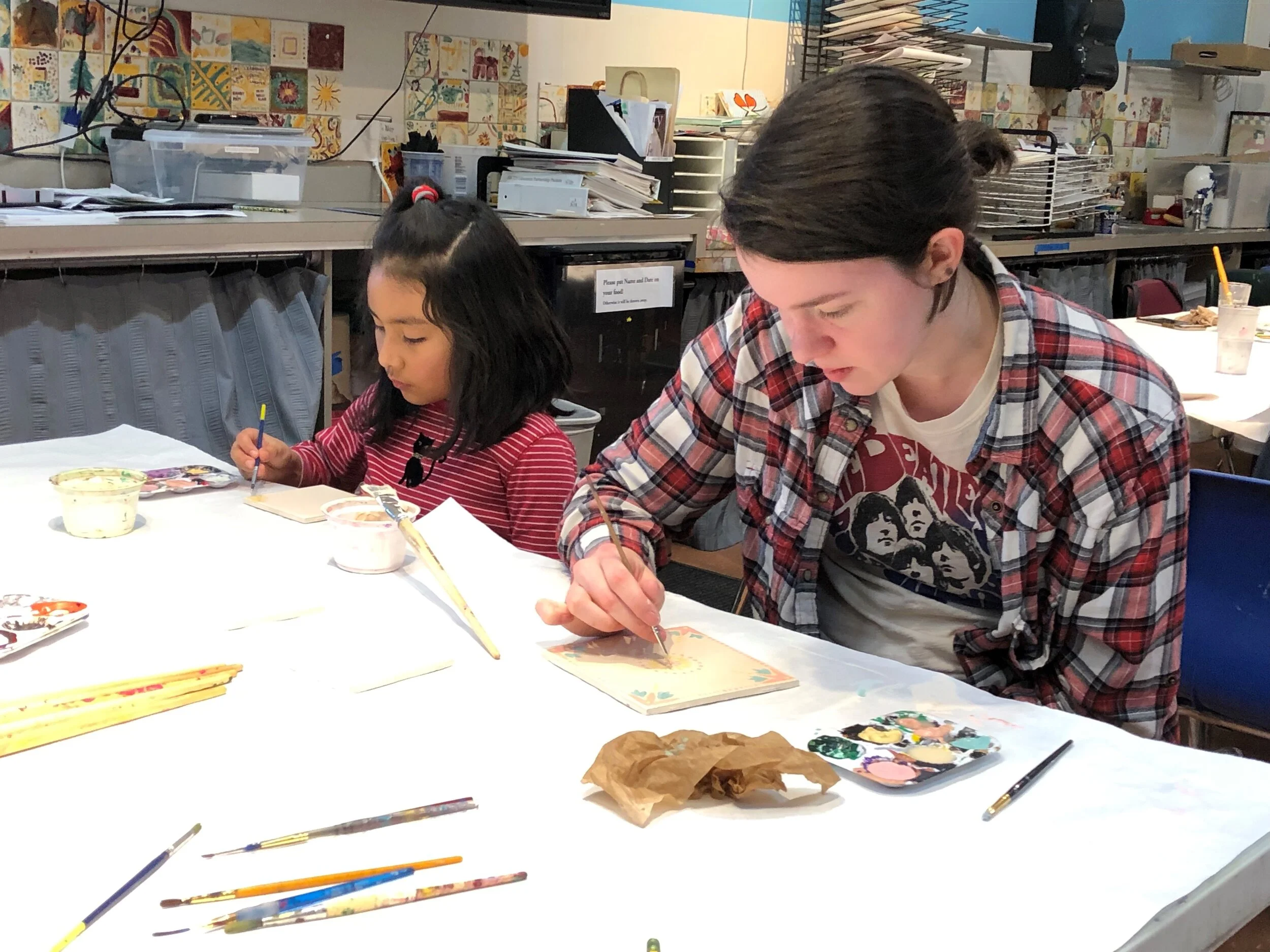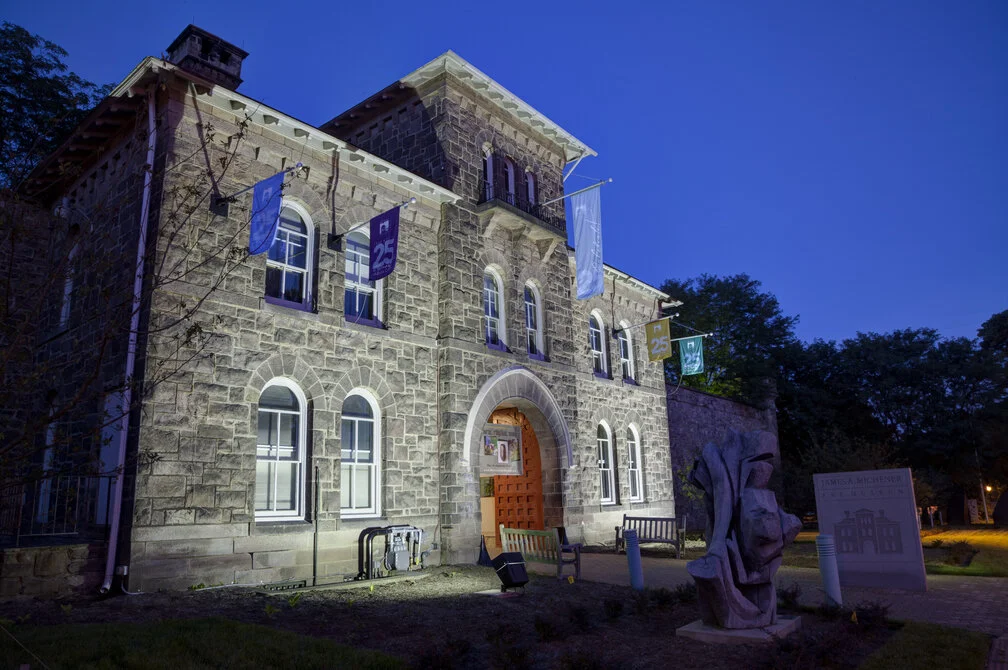Growing Influence: A New Art Prize Finds Collectors Ramping Up Their Giving
/Tithi Luadthong/shutterstock
After Agnes Gund launched the $100 million Art for Justice Fund with the proceeds from the sale of Roy Lichtenstein's "Masterpiece," I wondered if collectors represented the sleeping giants of arts philanthropy. The prognosis thus far seems promising.
A number of founding donors to Art for Justice have committed gifts of artwork or contributions, and late last year, the fund allocated $22 million to 30 criminal justice reform groups and education and arts initiatives. Around the same time, the anonymous consignor of Jean-Michel Basquiat’s "Red Skull" announced they would donate the proceeds to a nonprofit that opens new public charter schools.
News out of Texas, meanwhile, finds prominent collectors embracing a more traditional model of arts philanthropy.
Glenn Fuhrman and his wife Amanda partnered with Suzanne Deal Booth and The Contemporary Austin to transform the existing $100,000 Suzanne Deal Booth Art Prize, which is currently celebrating its inaugural exhibition, into one of the nation's largest awards presented to an artist.
The revamped Suzanne Deal Booth / FLAG Art Foundation Prize will fund a $200,000 unrestricted award to an artist selected by an independent advisory committee. It also includes a catalog and solo exhibition at The Contemporary Austin and Fuhrman's Manhattan-based FLAG Art Foundation. The prize's inaugural winner for 2020 will be announced in July.
A philanthropist, collector and board member of The Contemporary Austin, Booth is also the founder of the Friends of Heritage Preservation, a charitable organization that has contributed to 60 preservation and conservation projects around the world. In 2001, she and her family established the Booth Family Rome Prize Fellowship for Historic Preservation and Conservation at the American Academy in Rome.
When I first reported on the Suzanne Deal Booth Art Prize a couple of years ago, I noted that Booth was drawn to its practice of inviting artists to create site-specific work. "By putting an emphasis on the artist, it creates something very stimulating, very fresh that people can connect with," she said.
Glenn Fuhrman, meanwhile, is another financier with an interest in art. He co-founded MSD Capital, majored in finance and art history at UPenn, and is a trustee at the MoMA, where he and Amanda have provided steady support throughout the years. ARTNews listed the couple in its Top 200 list of collectors each year of the decade, while Business Insider listed Fuhrman as one of the 25 "most serious" Wall Street art collectors.
Collectors have historically deferred to institutional givers to do the heavy lifting when it comes to traditional grantmaking and the red-hot area of activist art in particular. This is why Gund's Art for Justice Fund is so important. It's predicated on the idea that by selling their work, collectors can advance social justice. As Ford President Darren Walker noted, “art has meaning on a wall, but it also has meaning when it is monetized.”
And while Booth or Fuhrman do not seem to be selling any work to fund the prize, they are nonetheless prominent and influential collectors who have launched a lucrative prize that provides highly coveted direct support to artists. This, too, is important.
An open question is the extent to which the Suzanne Deal Booth / FLAG Art Foundation Prize will align with the surging fields of boosting access to the arts and promoting socially focused work.
Corroborating evidence suggests it will.
Regarding access, the Fuhrmans' FLAG Art Foundation exhibition space has been free and open to the public since its 2008 opening. The Fuhrman family has also underwritten free admission at the Institute of Contemporary Art annually for nearly a decade. The couple is clearly committed to eliminating financial barriers to access.
Exemplifying its social focus, in the charged aftermath of the 2016 election, the FLAG Art Foundation curated an exhibition that focused on artists who "negotiate politics, tragedies, social issues, and their own perspectives" by using the New York Times as an inspiration for their work.
Also consider the CV of Los Angeles-based Rodney McMillian, the winner of inaugural Suzanne Deal Booth Art Prize. McMillian, according to Contemporary Austin, "has worked in a range of mediums and materials, including sculpture, painting, video, performance, and immersive environments, to explore themes of class, gender, race, social history, and culture."
I recently spoke with VIA Art Fund President and collector Bridgitt Evans on the state of arts philanthropy and floated the theory that collectors are the sleeping giants of arts philanthropy. She concurred with this assessment. Collectors, she said, are "exposed to a wider variety of artists, practices, ideas, and social commentary," and moving forward, they will "direct the same passion they have to collecting to philanthropy."
Glenn Fuhrman, while commenting on his new and improved arts prize, said the partnership with Booth "seemed like a natural next step, a way to learn about artists we may not even be familiar with."
Ms. Deal Booth and the Fuhrmans have committed to fund four prizes biennially through 2026.

